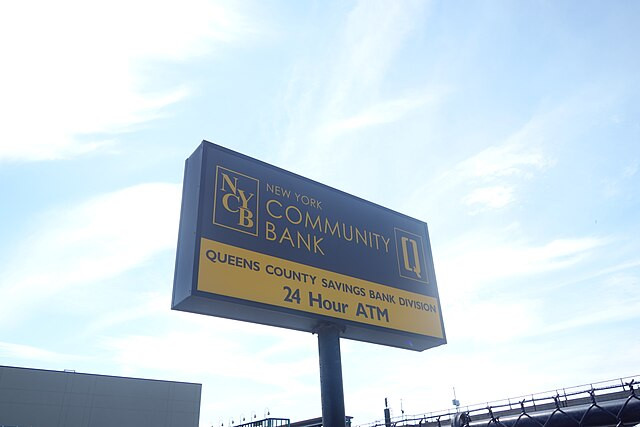New York Community Bank (NYCB) experienced a dramatic plunge in its stock value, following Moody's Investors Service's decision to downgrade the bank's credit rating to junk status. The downgrade, which shifted the bank's long-term ratings to Ba2 from Baa3, highlighted deepening concerns over the bank's risk management and governance amidst a challenging period marked by significant losses on commercial real estate loans.
In response to the crisis, NYCB appointed Alessandro DiNello as the executive chairman, a move aimed at bolstering the bank's leadership as it navigates through turbulent waters. DiNello, who joined NYCB following its acquisition of Flagstar Bank, where he served as CEO since 2013, is tasked with working alongside CEO Thomas Cangemi to enhance the bank's operations across the board.
The bank's troubles came into sharp focus after a surprising fourth-quarter loss was reported, accompanied by a significant cut in its dividend to reinforce capital levels. This series of setbacks has reignited anxieties about the stability of smaller and medium-sized banks, particularly in light of depreciating real estate values and the Federal Reserve's interest rate hikes.
Moody's pointed to "multi-faceted financial, risk-management, and governance challenges" at NYCB, expressing particular concern over the recent turnover of key risk management personnel. The bank is currently in the process of filling the crucial positions of chief risk officer and chief audit executive, with interim managers presently in place.
Despite the downgrade, NYCB sought to reassure stakeholders of its solid foundation and liquidity. DiNello, in a call with investors, emphasized the bank's robust deposit base and minimal outflows from retail branches, signaling confidence in the bank's resilience. Moreover, the bank disclosed that a significant portion of its deposits were insured or collateralized, indicating a preparedness to cover uninsured deposits, which had become a focal point of concern during last year's regional banking crisis.
However, investor sentiment remained wary, as evidenced by a further 12% drop in NYCB shares following the reassurances. This skepticism was mirrored by JPMorgan's downgrade of the bank's stock from overweight to neutral, citing challenges in raising long-term debt among other headwinds.
DiNello outlined plans to diversify the bank's portfolio, particularly reducing its exposure to the commercial real estate market, which has been under strain since the pandemic altered the dynamics of work and commerce.
The broader implications of NYCB's predicament reflect ongoing concerns in the banking sector, particularly among regional banks with substantial commercial real estate holdings. The Federal Reserve and Treasury Department have expressed close monitoring of the situation, indicating a sector-wide focus on managing risks associated with commercial real estate.
As NYCB endeavors to stabilize and reposition itself, the banking industry remains under scrutiny, with stakeholders closely watching how regional banks will navigate the complex interplay of market pressures, regulatory demands, and evolving economic conditions.






